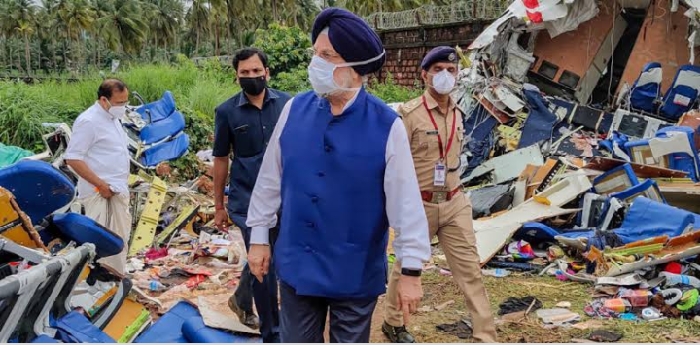New Delhi, Jul 5: The Economic Survey, tabled in Parliament on Thursday, suggests invoking the doctrine of "pious obligation" as well as blend principles of behavioural economics with spiritual norm to tackle tax evasion and wilful defaults.
Bringing in a sense of novelty into the Economic Survey, that provides a detailed picture of the economy in 2018-19 and the way ahead, tenets of Hinduism, Islam and Christianity have been cited extensively to tackle debt woes and tax evasion.
Such suggestions find a place the chapter titled 'Policy for Homo Sapiens, Not 02 Homo Economicus: Leveraging the Behavioural Economics of "Nudge"'.
The Economic Survey said that decisions made by real people often deviate from the impractical robots theorised in classical economics.
Drawing on the psychology of human behaviour, it said that behavioural economics provides insights to nudge people towards desirable behaviour.
The "doctrine of pious obligations" could be invoked to encourage people to clear their debts and also pay taxes, the survey, prepared by a team led by Chief Economic Adviser KV Subramanian said.
"Given the importance of religion in Indian culture, the principles of behavioural economics need to be combined with this spiritual / religious norm to reduce tax evasion and wilful default in the country," it noted.
In Hinduism, non-payment of debts is a sin and also a crime. The scriptures ordain that if a person's debts are not paid and he dies in a state of indebtedness, his soul may have to face evil consequences, according to the survey.
Therefore, it is the duty of his children to save him from such evil consequences. This duty or obligation of a child to repay the debts of the deceased parent is rested upon a special doctrine, known as the doctrine of pious obligation, it said.
In Islam, Prophet Muhammad advocated, "Allaahummainnia'oodhibika min al-ma'thamwa'lmaghram (O Allaah, I seek refuge with you from sin and heavy debt)". A person cannot enter paradise unless his/her debt was paid off, as per the survey.
All of his/her wealth could be used to pay the debt and if it is insufficient then one or more heirs of the deceased could voluntarily pay for him, it stated.
Quoting Bible, the survey said, "Let no debt remain outstanding except the continuing debt to love one another - Romans 13:8" and "The wicked borrows and does not repay, but the righteous shows mercy and gives - Psalm 37:21".
The Economic Survey notes that in India, where social and religious norms play such a dominant role in influencing behaviour, behavioural economics can therefore provide a valuable instrument for change.
"So, beneficial social norms can be furthered by drawing attention to positive influencers, especially friends/neighbours that represent role models with which people can identify," it said.
Also, as people are given to tremendous inertia when making a choice, they prefer sticking to the default option. By the nearly costless act of changing the default to overcome this inertia, desired behaviour can be encouraged without affecting people's choices.
Further, as people find it difficult to sustain good habits, repeated reinforcements and reminders of successful past actions can help sustain changed behaviour, the survey said.
According to the survey, insights from behavioural economics can be strategically utilised to create an aspirational agenda for social change -- from BBBP (Beti Bachao Beti Padhao) to BADLAV (Beti Aapki Dhan Lakshmi Aur Vijay Lakshmi); from Swachh Bharat to Sundar Bharat; from "Give It Up" for the LPG subsidy to "Think about the Subsidy" and from tax evasion to tax compliance.
The survey has used 'MARD' as an acronym for 'Men Against Rape and Discrimination' and suggested a campaign underlining the sacrifice of the male ego in a patriarchal society for the larger good of gender equality.
Mard is a Hindi word for man.






Comments
Add new comment